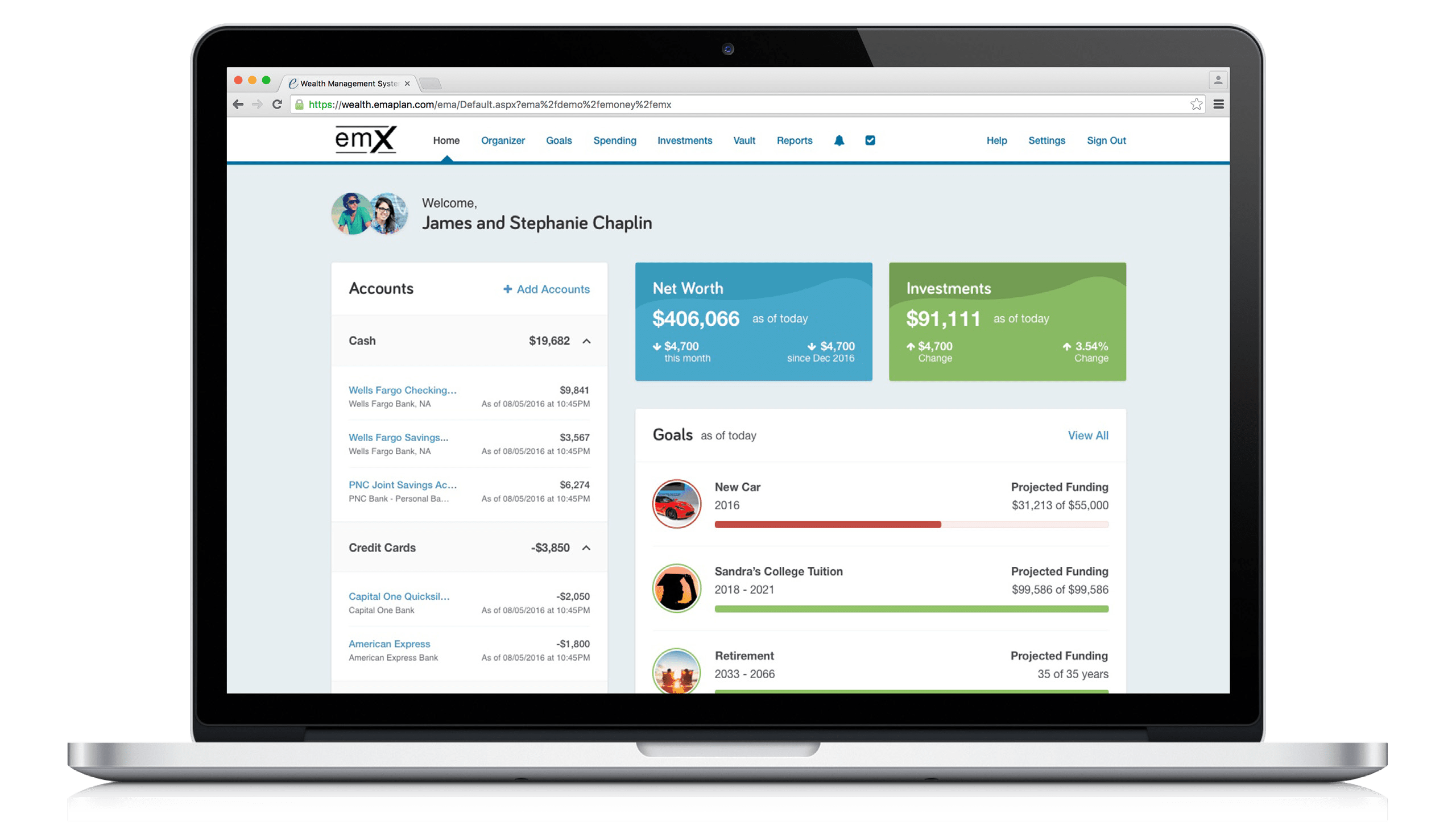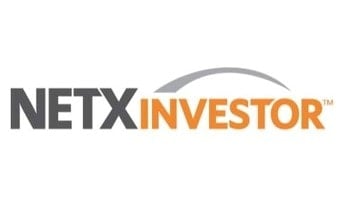While major stock market indices have rallied this year, investors continue to receive mixed signals from the economy, and that has made a lot of people nervous. On the one hand, inflation is improving which has allowed interest rates to stabilize at a lower level. On the other hand, the recent jobs report was a significant surprise to the upside, with 517,000 net new jobs created in January and the unemployment rate falling to 3.4%, the lowest in over 50 years. Although the inflation data suggest the Fed could slow or pause its rate hikes, the jobs data mean that they may need to keep their guard up. Such opposing factors create uncertainty about how markets will adjust to financial conditions over the near term. So what should long-term investors focus on?
Stock market investors don’t directly invest in the economy. Instead, they are impacted by economic trends through the revenues and profits of the companies in which they invest. When the economy is growing rapidly and consumers are doing well, company sales tend to improve. When inflation is rising or the job market is competitive, costs may rise. At a macroeconomic level, the job of companies is to balance these opportunities and risks. Over long periods of time, the stock market tends to follow earnings trends, which in turn follow economic cycles.

Given the importance of earnings, it’s no surprise how much coverage there is of individual company earnings reports in the news and in the investment industry. For long-term investors, however, the aggregate earnings picture for the S&P 500 matters much more. At the moment, about 50% of S&P 500 companies have reported fourth quarter earnings. This was a quarter during which costs were elevated compared to the year before due to inflation and rising wages, while consumer spending was weakening and there were fears of an upcoming recession.
These factors led to lowered earnings estimates, and that has allowed 69% of S&P 500 companies that have reported to beat earnings expectations so far. Another 65% have beaten revenue expectations. Overall, S&P 500 companies are estimated to have grown earnings by 7.4% in 2022. Looking forward, analysists expect that they will experience only 3.5% growth over the next twelve months, before accelerating again in 2024.

Taken together, both sets of data point to a “reset” as the world adjusts to the shocks of the past few years – or as many investors like to refer to it, a “v-shaped recovery.” In this context, there are two facts to keep in mind.
First, corporate earnings are still at record levels for large cap companies with S&P 500 earnings-per-share reaching about $218 on a trailing basis. Analysts are not anticipating negative growth in 2023, just slower growth. This does differ across market size and style categories, however. Mid-caps, for instance, are expected to see earnings decline in 2023 while small caps could see faster growth. That said, both of these size categories are much more attractively valued than their large-cap counterparts.
Second, if inflation continues to slow, costs may improve and help support profitability across companies of all sizes. After all, rising costs due to higher goods prices and growing wages have crimped earnings over the past year. Similarly, if consumer confidence returns and spending rebounds, this could help support earnings.
So this is all an economic balancing act: consumer spending, wage growth, inflation, and productivity.

Yet it’s important to keep in mind that analyst forecasts are frequently not accurate and are subject to change based on economic conditions. Expectations for this year align with slower growth trends across the economy, but they could also rebound once the underlying fundamentals improve and inflation stabilizes. Either way, current corporate earnings continue to support valuations which are the most attractive in years.
What’s the bottom line? Despite short-term twists and turns, long-term investors should always keep an eye on fundamentals like earnings, valuations, and your investment time horizon as the Fed and inflation stories play out.
And if you have specific questions regarding your portfolio, feel free to reach out to your Griffin Black advisor.



